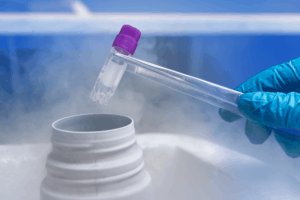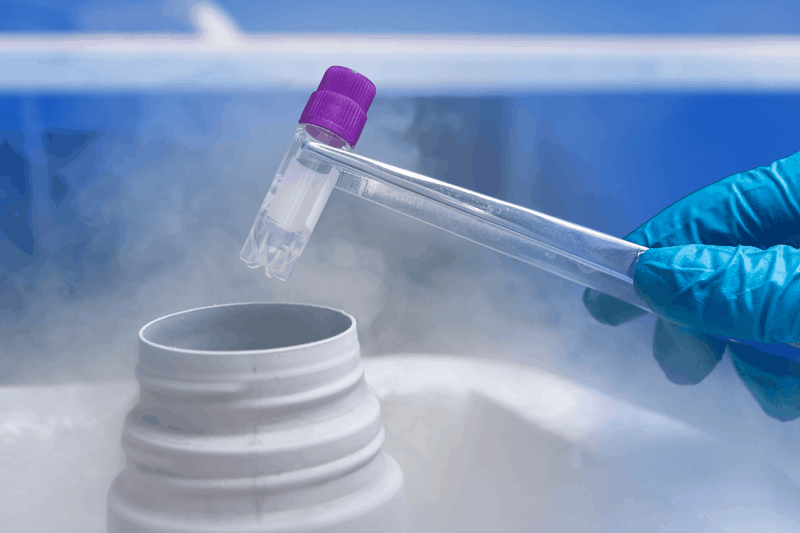[fusion_builder_container hundred_percent=”no” equal_height_columns=”no” menu_anchor=”” hide_on_mobile=”small-visibility,medium-visibility,large-visibility” class=”” id=”” background_color=”” background_image=”” background_position=”center center” background_repeat=”no-repeat” fade=”no” background_parallax=”none” parallax_speed=”0.3″ video_mp4=”” video_webm=”” video_ogv=”” video_url=”” video_aspect_ratio=”16:9″ video_loop=”yes” video_mute=”yes” overlay_color=”” video_preview_image=”” border_size=”” border_color=”” border_style=”solid” padding_top=”” padding_bottom=”” padding_left=”” padding_right=””][fusion_builder_row][fusion_builder_column type=”1_1″ layout=”1_1″ background_position=”left top” background_color=”” border_size=”” border_color=”” border_style=”solid” border_position=”all” spacing=”yes” background_image=”” background_repeat=”no-repeat” padding_top=”” padding_right=”” padding_bottom=”” padding_left=”” margin_top=”0px” margin_bottom=”0px” class=”” id=”” animation_type=”” animation_speed=”0.3″ animation_direction=”left” hide_on_mobile=”small-visibility,medium-visibility,large-visibility” center_content=”no” last=”no” min_height=”” hover_type=”none” link=””][fusion_text]
RSMC Has a State-of-the-Art Egg Freezing Program for Women Who Think About Fertility

The average age of those inquiring is 34 1/2, an ideal time to put one’s biological clock on hold. But the average age of the women who actually freeze their eggs is 37 1/2, the upper edge of the recommended range.
“There’s a huge emotional barrier,” Jones says. Egg freezing “for a lot of women brings up the idea of love, marriage, motherhood, where they are in their life.”
In the early days, a reproductive endocrinologist who works with Jones says he saw a lot of 40-, 41- and 42-year-olds show up for fertility preservation, as the industry calls it. “We realize now that a lot of them were preserving infertility,” says Alan Copperman of Reproductive Medicine Associates of New York. “They were preserving their eggs when very few of them were normal.”
But getting 20- and early 30-somethings concerned about declining fertility is tough. As the average age of marriage and motherhood creeps up, according to census figures, the number of older moms is growing exponentially. It’s a phenomenon well-covered in the gossip media.
“You see so many celebrities having baby No. 1 at 41 and twins at 48,” Jones says. “I think it gives women a false sense of security.”
The articles never seem to mention that many of those pregnancies were possible through donor eggs. Doctors say they’re continually surprised at the number of women in their early 40s who show up at fertility clinics baffled that they’re unable to conceive.
And yet, the fertility industry has learned the hard way that it’s tricky to warn women about their biological clock. A decade ago, the American Society for Reproductive Medicine launched an ad campaign featuring a baby bottle inside an hourglass, and it sparked a firestorm of criticism. Women’s groups likened it to an attack on career-oriented women; others argued that it oversimplified the many causes of infertility.
As technology improves, Christy Jones hopes that more OB-GYNs see fit to recommend egg freezing to their patients. Some even envision a time when the parents of professionally ambitious daughters consider egg freezing the perfect gift for college graduation.
Meanwhile, Jones says she’ll keep urging younger women to consider their aging eggs — even if they don’t plan to put them to use for a while.
This story was originally ran on NPR in 2011: http://www.npr.org/2011/05/31/136401095/nudging-young-women-to-think-about-fertility[/fusion_text][/fusion_builder_column][/fusion_builder_row][/fusion_builder_container]




















